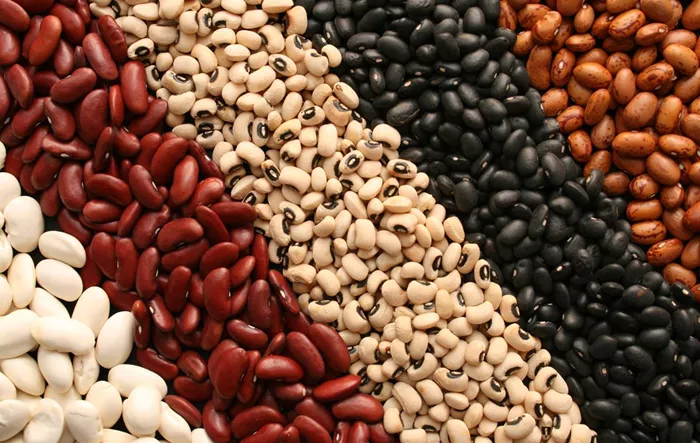Protein plays a vital role in keeping us full and energized. However, not all protein sources are created equal, according to a new report from an advisory committee to the U.S. Department of Agriculture (USDA) and the Department of Health and Human Services (HHS).
The committee has updated its recommendations, urging Americans to increase their bean consumption to 2.5 cups of beans and lentils per week, up from the current guideline of 1.5 cups. While beans are not a popular food choice for many Americans, dietitians and nutritionists are working to change that by highlighting the benefits of plant-based proteins.
Why Beans Are the Healthiest Protein
According to Christopher Gardner, PhD, a research professor at Stanford University, beans and legumes are the healthiest source of protein. Gardner is a member of the 2025 Dietary Guidelines Advisory Committee, which suggests that people should prioritize beans, peas, and lentils over meat, including lean meat.
The reason behind this recommendation is fiber. Unlike meat, which has no fiber, legumes are rich in fiber, which has been linked to a lower risk of heart disease, improved cholesterol levels, and better blood sugar regulation, as reported by the National Institutes of Health (NIH).
The Health Benefits of Legumes
Legumes, such as lentils, chickpeas, edamame, and peanuts, offer a variety of essential nutrients. They are packed with protein, fiber, B-vitamins, iron, folate, calcium, potassium, phosphorus, and zinc. In addition to these nutrients, legumes are known to help lower blood sugar and blood pressure. They also contain antioxidants that help protect cells from damage, according to the U.S. National Library of Medicine.
Other Healthy Protein Sources
In addition to legumes, there are other healthy protein-rich foods that benefit overall health. Harvard Health recommends:
- Nuts and seeds
- Lean meats like chicken and turkey
- Fish
- Dairy products such as milk and yogurt
- Soy products
To increase legume intake, consider adding beans to soups, salads, sauces, and even smoothies. Experimenting with different recipes can help you incorporate more of these nutritious foods into your diet.
Read more:
- The 6 Best Protein Powder For Male Athletes
- 4 Best Protein Powder For Pregnant Mothers: A Complete Guide
- The 6 Best Whey Protein Products For Women


